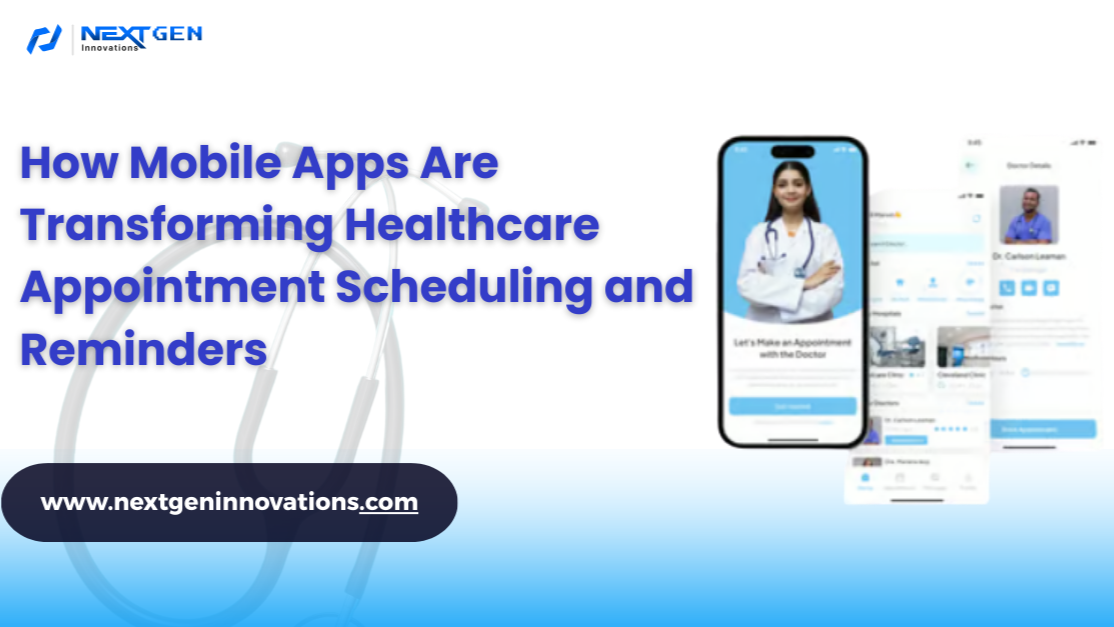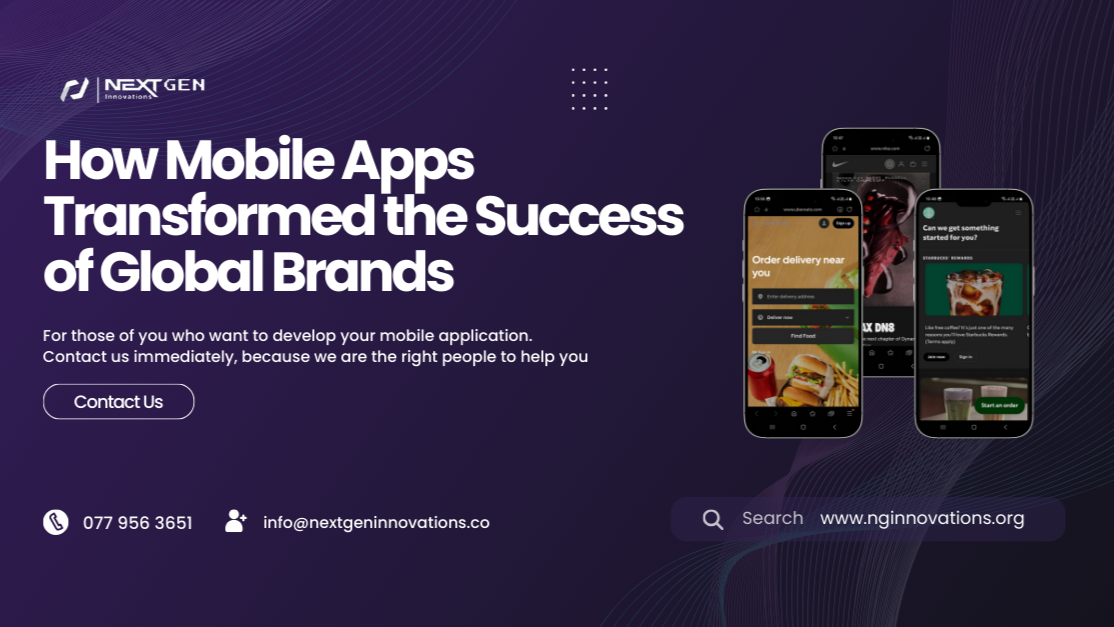Mobile App Development
Native vs. Hybrid vs. Web Apps: Which One Is Right for You?
2 min Read

In today’s digital landscape, businesses and entrepreneurs face an important decision when developing a mobile application: Should they build a native app, a hybrid app, or a web app? Each type has its own set of advantages and drawbacks, making it crucial to choose the right one based on your business needs, budget, and target audience. In this blog, we will break down the differences, benefits, and challenges of each to help you make an informed decision.
What Are Native Apps?
Native apps are specifically built for a single platform, such as iOS or Android, using platform-specific programming languages. iOS apps are developed using Swift or Objective-C, while Android apps are built with Kotlin or Java. These apps are downloaded and installed from an app store and can fully utilize the device’s hardware and software features.
Advantages of Native Apps
- Superior Performance: Optimized for the operating system, ensuring fast and smooth operation.
- Better User Experience (UX): Designed to follow platform-specific guidelines, providing a seamless experience.
- Access to Full Device Features: Can use GPS, camera, push notifications, and more.
- Works Offline: Native apps can function without an internet connection.
Challenges of Native Apps
- Higher Development Cost: Requires separate codebases for iOS and Android, increasing time and expenses.
- Longer Development Time: Since two different apps need to be developed, it takes longer to launch.
- Maintenance Effort: Regular updates are required to keep up with OS changes and improvements.
Best for: Performance-intensive applications like gaming, social media, or financial apps.
What Are Hybrid Apps?
Hybrid apps are a blend of native and web technologies. They are built using frameworks like React Native, Flutter, or Ionic, which allow developers to write a single codebase that works on multiple platforms. These apps are wrapped in a native container and use web technologies such as HTML, CSS, and JavaScript.
Advantages of Hybrid Apps
- Cost-Effective: A single codebase for both iOS and Android reduces development expenses.
- Faster Development: Writing one codebase speeds up the development process.
- Cross-Platform Compatibility: Works on multiple operating systems with minimal adjustments.
- Access to Some Native Features: Can utilize certain device functions like the camera and GPS.
Challenges of Hybrid Apps
- Slightly Lower Performance: Not as fast as native apps due to reliance on web technologies.
- Limited Access to Advanced Features: Some hardware-specific functionalities may not be fully accessible.
- UI/UX Differences: May not feel as smooth or intuitive as native apps.
Best for: Startups, MVPs (Minimum Viable Products), and apps that require quick market entry.
What Are Web Apps?
Web apps are essentially mobile-optimized websites that function like applications. They run in web browsers and do not require installation from an app store. Examples include Progressive Web Apps (PWAs), which offer an app-like experience without requiring downloads.
Advantages of Web Apps
- No Installation Required: Users can access them directly via a browser.
- Works on Any Device: Compatible with all operating systems and screen sizes.
- Easier and Cheaper to Develop: A single codebase works across all platforms.
- Instant Updates: No need for app store approvals; updates are immediately available.
Challenges of Web Apps
- Limited Offline Functionality: Web apps require an internet connection for most features.
- Slower Performance: Depends on browser speed and internet connection.
- Limited Access to Device Features: Cannot fully integrate with all hardware functionalities.
Best for: Content-driven apps, eCommerce websites, and businesses focusing on accessibility.
How to Choose the Right One for Your Business
The best choice depends on your project goals, budget, and technical requirements:
- Choose Native Apps if you need high performance, security, and seamless UX.
- Choose Hybrid Apps if you want a cost-effective, cross-platform solution with moderate performance.
- Choose Web Apps if you prioritize accessibility, affordability, and easy maintenance.
Each approach has its place in mobile app development, and selecting the right one can significantly impact your app’s success. If you’re unsure, consulting with a mobile app development expert can help you make an informed decision.
Need assistance with your app idea? Contact us today to discuss the best solution for your business!
More Insights

Mobile App Development
Agile Methodology for Mobile App Development
Agile’s flexibility and speed make it ideal for mobile apps—enabling faster releases, real-time feedback, and continuous improvement.

HealthTech & Mobile Solutions
How Mobile Apps Improve Healthcare Scheduling
Mobile apps are transforming healthcare by simplifying appointment bookings and reducing no-shows.

Digital Innovation & Mobile Trends
How Mobile Apps Transformed the Success of Global Brands
Discover how Nike, Starbucks, and Uber use mobile apps to boost sales, improve customer experience, and build loyalty.
